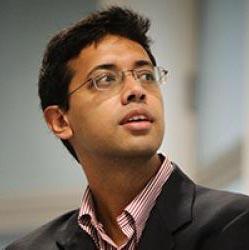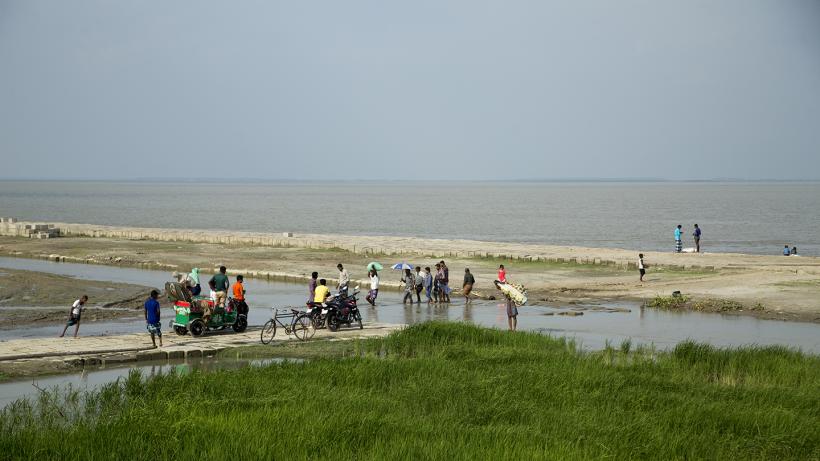
Resilient and resurgent Bangladesh: Sustaining economic growth in a changing climate
Bangladesh's economic transformation from agrarian-based to diversified sectors has set the stage for its vision of becoming 'Smart Bangladesh' by 2041. As the country faces new challenges related to climate change, geopolitical climate, and finance, IGC convenes a two-day conference to discuss key research findings and facilitate dialogue on policy recommendations.
-
Conference programme.pdf
PDF document • 285.85 KB
Over the past two decades, Bangladesh has undergone an impressive economic transformation, shifting from an agrarian-based economy to a diversified structure with manufacturing and contemporary service sectors. This progress has paved the way for its visionary goal of becoming a 'Smart Bangladesh' by 2041, characterized by high-income levels, poverty eradication, macroeconomic stability, human development, sustainable urbanisation, and accessible government services. However, Bangladesh faces significant challenges in its pursuit of this ambitious vision. Changing environmental and geopolitical factors pose unprecedented complexities, while the impending loss of preferential access to tariffs and concessional finance as it graduates from the Least Developed Country status in 2026 adds further challenges.
To address these issues, evidence-based economic policies are crucial, focusing on green, sustainable growth and climate change mitigation. This conference aims to convene researchers, policymakers, and participants from the private sector to discuss key findings of cutting-edge economic research and facilitate dialogue on policy recommendations.
Event sessions
Introductory remarks
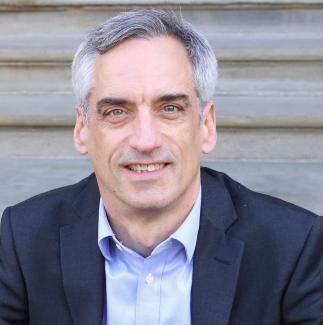
Jonathan Leape
Executive Director, IGC and Associate Professor of Economics, London School of Economics and Political Science (LSE)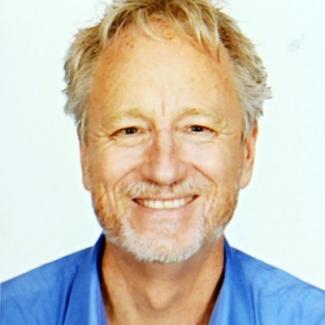
Duncan Overfield
Deputy Development Director and Head-Prosperity and Economic Growth, Foreign, Commonwealth and Development Office (FCDO)
Shahid Vaziralli
Head of the Research Programme, International Growth CentreThis session features high-level guests and sets the tone for the event. IGC Executive Director explains the IGC model while the IGC Country Lead for Bangladesh elaborates on the achievements of the Bangladesh country programme.
The future of work in Bangladesh: Governance, climate, and human capital

Jonathan Leape
Executive Director, IGC and Associate Professor of Economics, London School of Economics and Political Science (LSE)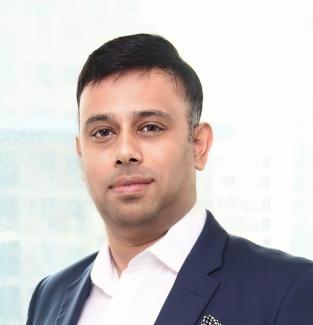
Masrur Reaz
Policy Advisor, International Growth Centre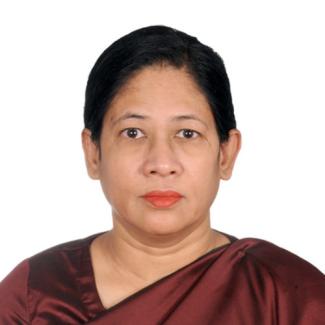
Mohsina Yasmin
Executive Member, Bangladesh Investment Development Authority (BIDA)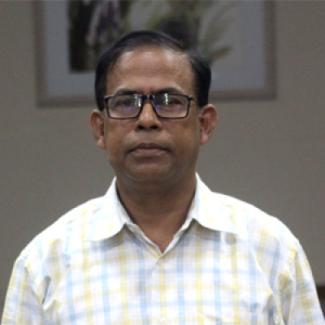
Mohammad Yunus
Senior Research Fellow, Bangladesh Institute of Development StudiesThe panel discussion delves into the policy challenges facing Bangladesh in the immediate and long term. Our expert panellists explore strategies for workforce development, focusing on how they can contribute to key goals such as export growth, high-value diversification, and global value chain integration. The discussion also examines the importance of good governance and human capital investment as pathways to empower Bangladesh's workforce.
IGC-RAPID Session on strengthening domestic resource mobilisation and cost recovery strategies for a self-reliant Bangladesh
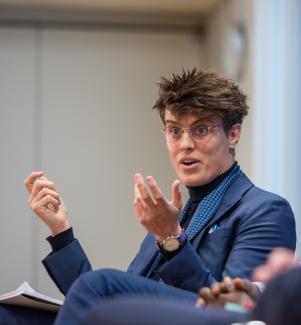
Oliver Harman
Cities Economist, International Growth Centre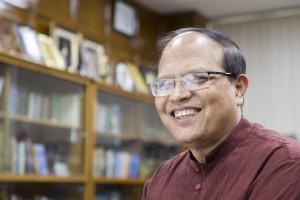
Atiur Rahman
Honorary Professor, Department of Development Studies, University of Dhaka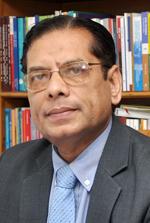
Mustafizur Rahman
Distinguished Fellow, Centre for Policy Dialogue (CPD)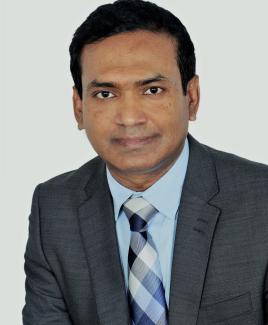
Mohammad A. Razzaque
Chairman, Research and Policy Integration for Development (RAPID)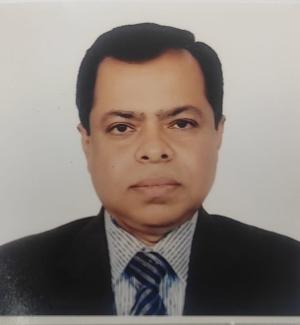
Iqbal Hossain
Member, National Board of RevenueIn an era of economic transformation, Bangladesh recognises the imperative to bolster its domestic resource mobilisation capabilities and foster self-reliance by minimizing its dependency on debt from both internal and external sources. This panel aims to shed light on three key avenues for revenue generation and cost minimisation. By examining innovative approaches and policy frameworks, we seek to empower stakeholders with insights and actionable strategies to strengthen Bangladesh's fiscal sustainability
Powering progress: Overcoming challenges and driving innovation in Bangladesh's energy sector
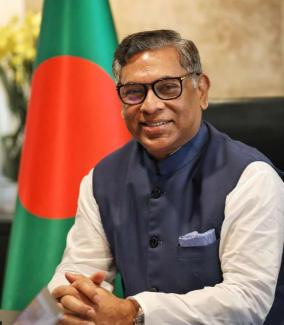
Nasrul Hamid Bipu
State Minister for Power, Energy and Mineral Resources, Government of Bangladesh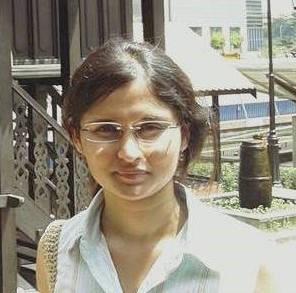
Shefali Khanna
Research Associate, Imperial College London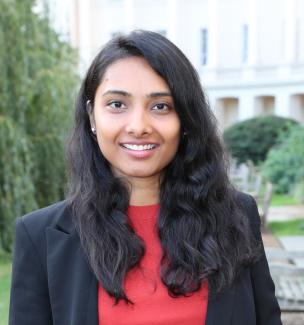
Amrita Kundu
Assistant Professor, Operations and Information Management, McDonough School of Business, Georgetown University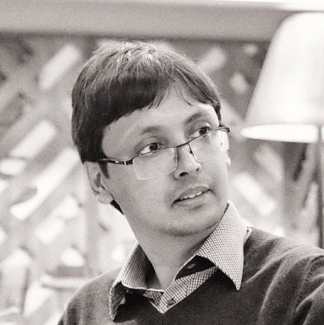
Atonu Rabbani
Assistant Professor, University of Dhaka
Shahid Vaziralli
Head of the Research Programme, International Growth CentreAs Bangladesh seeks to establish a sustainable and thriving renewable energy sector, a critical discussion emerges focusing on the country's path towards a greener future. This discussion delves into the challenges and opportunities surrounding renewable energy sources, shedding light on innovative solutions that address specific obstacles faced by Bangladesh.
Nurturing promising talents: Bangladeshi early career economist research feedback Session
This panel is dedicated to providing valuable feedback and mentorship to the emerging generation of Bangladeshi early career economists. The panel features five research paper presentations, showcasing the diverse perspectives and innovative ideas of talented locally based researchers. Through constructive dialogue and insightful discussions, seasoned experts and industry leaders lend their expertise to help shape and refine the research endeavours of these promising young economists. This feedback session serves as a unique platform for fostering intellectual growth, encouraging rigorous analysis, and cultivating a vibrant research community in Bangladesh.
Shaping the future of work: Navigating employment frontiers through job quality
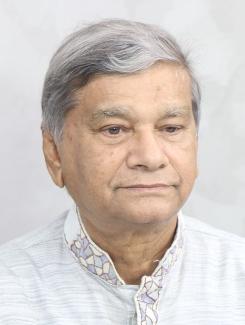
M. A. Mannan
Minister of Planning, Government of Bangladesh
Nina Caroline Buchmann
PhD candidate in Economics, Stanford University
Julia Cajal Grossi
Assistant Professor, Graduate Institute of International and Development Studies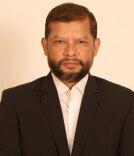
Ariful Hoque
Director, Bangladesh Investment Development Authority (BIDA)
Masrur Reaz
Policy Advisor, International Growth Centre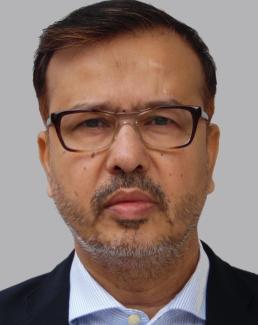
Mohammed Zahidullah
Chief Sustainability Officer, DBL GroupThis panel addresses the pressing challenge of creating high-productivity and decent jobs for economic empowerment in Bangladesh. With a critical examination of the RMG industry as a case in point, panellists delve into the concerns surrounding work conditions and explore strategies for improvement. Additionally, speakers explore how other sectors may create jobs and how to attract investment in these sectors.
Fostering sustainable and liveable cities in rapidly urbanising Bangladesh
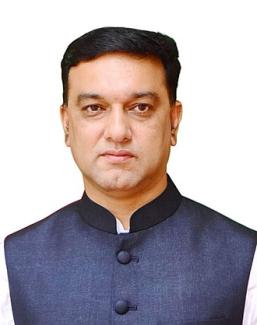
Ekramul Haque Titu
Mayor of Mymensingh, Government of Bangladesh
Tomoki Fujii
Associate Professor, Singapore Management University
Oliver Harman
Cities Economist, International Growth Centre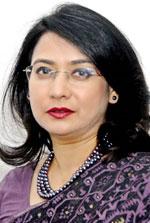
Fahmida Khatun
Executive Director, Centre for Policy Dialogue (CPD)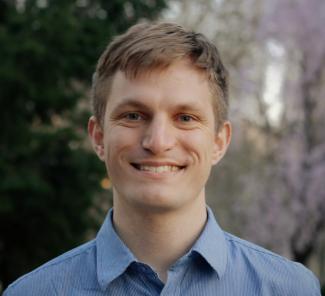
Martin Mattsson
PhD Candidate in Economics, Yale University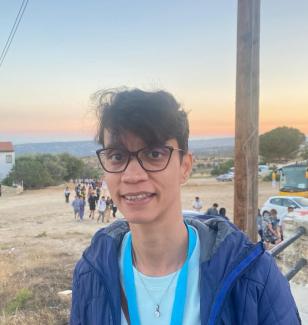
Shivani Wadehra
Assistant Professor, UPES IndiaThis panel discussion delves into the challenges faced by Bangladesh in its rapid urbanisation process, including air pollution, traffic congestion, waste management, and climate change risks. The session showcases cutting-edge research, highlighting innovative solutions and policy insights aimed at promoting sustainable and liveable cities. It also explores strategies to optimise resource utilisation, enhance mobility, and create resilient urban environments that prioritize the well-being of residents.
Promoting economic research for effective policymaking in Bangladesh
The closing panel highlights the indispensable role of economic research in driving policy development in Bangladesh. This session explores the benefits of evidence-based analysis and rigorous economic research in informing effective policy decisions across various sectors. The speakers explore how research findings can contribute to addressing key socio-economic challenges and drive sustainable development in the country.


